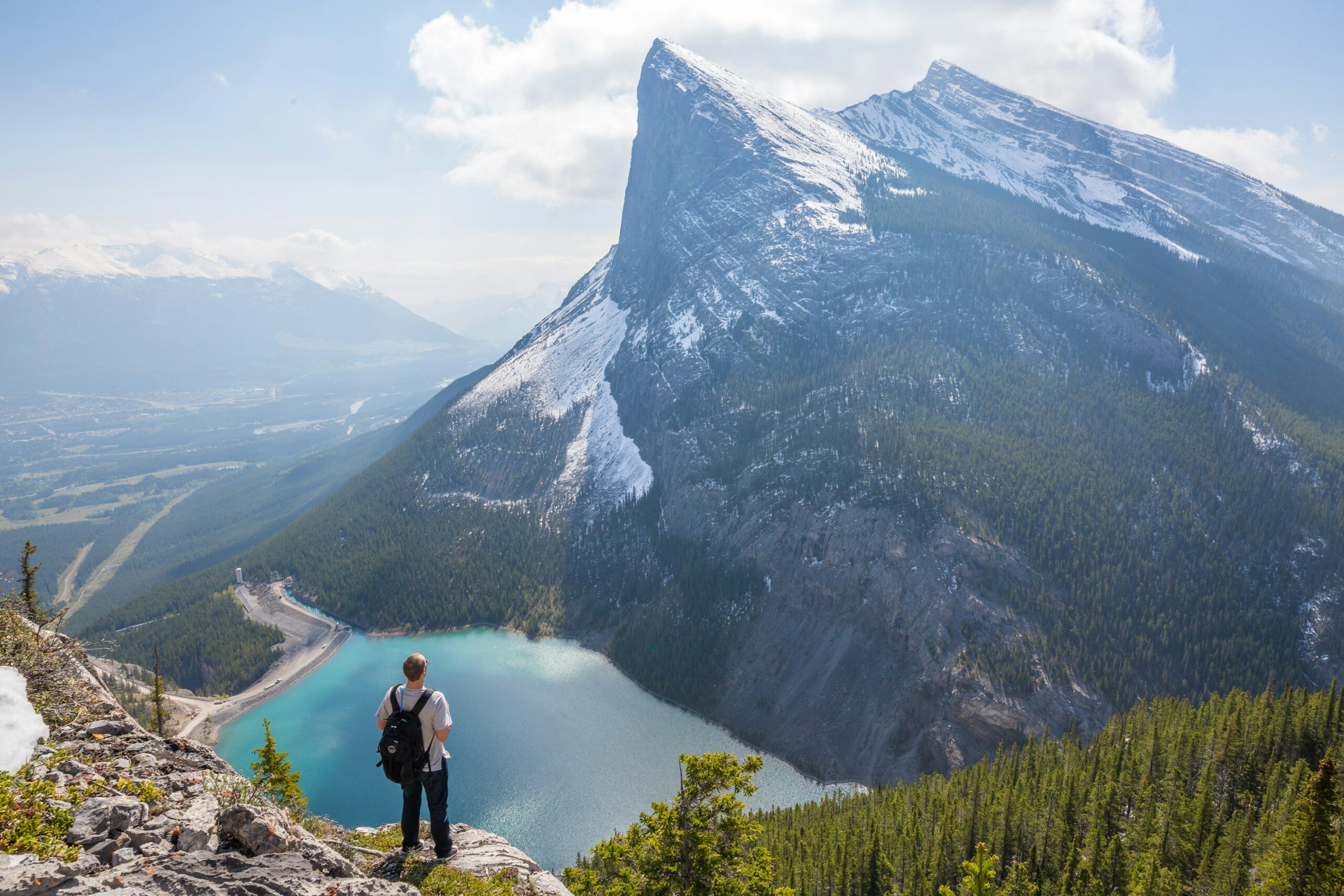5 Essential Things You Must Train Before Hiking a Mountain

Climbing a mountain isn’t just about taking a break or snapping cool photos for social media. It’s a physically &mentally demanding activity that tests your endurance and survival skills in the wild. Many people jump into it unprepared, only to struggle halfway through. If you’re planning to conquer a mountain, here are five crucial things you should train beforehand not just a survive but to truly enjoy the journey.
1. Consistent Physical Training Not Just Jogging
One of the biggest challenges during a hike is stamina. Steep paths, cold weather and a heavy backpack can drain your energy quickly. To avoid this, you need to get your body used to regular movement.
Exercise like jogging, stair climbing, cycling, or light hikes are great options. Focus on strengthening your leg muscles, breathing, and overall endurance. Aim for 3–4 times a week, at least 30 minutes each session. If possible, try short hikes in parks or hills near you. A conditioned body reduces your risk of injury when you’re on the mountain.
2. Breathing Control and Cold Adaptation
Higher altitudes mean thinner oxygen, which can make you feel breathless more quickly especially if you’re not used to physical activity or you live at low elevations.
Train your breathing with deep-breathing techniques, light meditation or exercises like yoga. These help your lungs use oxygen more efficiently. Also, start exposing yourself to colder temperatures try sleeping without a fan or taking cold showers in the morning. It may sound extreme, but it’s great preparation for life in the mountains.
3. Basic Navigation Skills
Don’t rely solely on your friends or GPS. Signal loss in the mountains is common. That’s where maps and compasses come in handy. Learning how to read topographic maps and understanding directions is essential.
Also, practice noticing natural signs like the sun’s position, the shape of clouds or the sound of running water. These small things can be valuable clues if you get lost. Remember, navigation skills can save lives.
4. Logistics and Backpack Management
Beginner hikers often carry too much stuff which becomes a burden later. One of the golden rules of hiking is light is right. Bring only what’s necessary and functional.
Learn how to pack efficiently: group items by category (food, sleep, emergency), use waterproof bags and keep important gear easily accessible. Try carrying a backpack weighing around 8–12 kg during a 1–2 hour walk to get used to the weight on your back and shoulders.
5. Mental Strength and Patience
Last, but absolutely essential: mental preparation. Hiking isn’t a race. You need patience, calmness and teamwork. In the mountains, weather can change suddenly, trails can be slippery and fatigue is real. If your mindset isn’t ready, everything will feel harder.
Strengthen your mental resilience by spending more time in nature, joining group activities or doing basic survival training. Learn how to stay calm when tired, avoid panic when lost and recognize when it’s time to rest. That’s what makes a true hiker.







